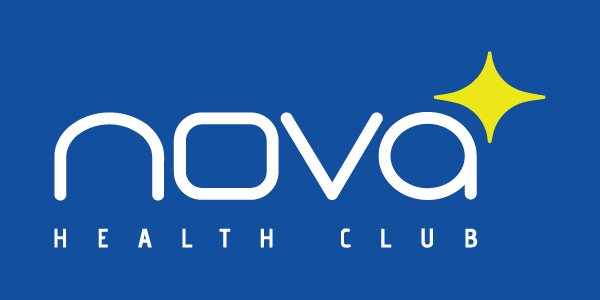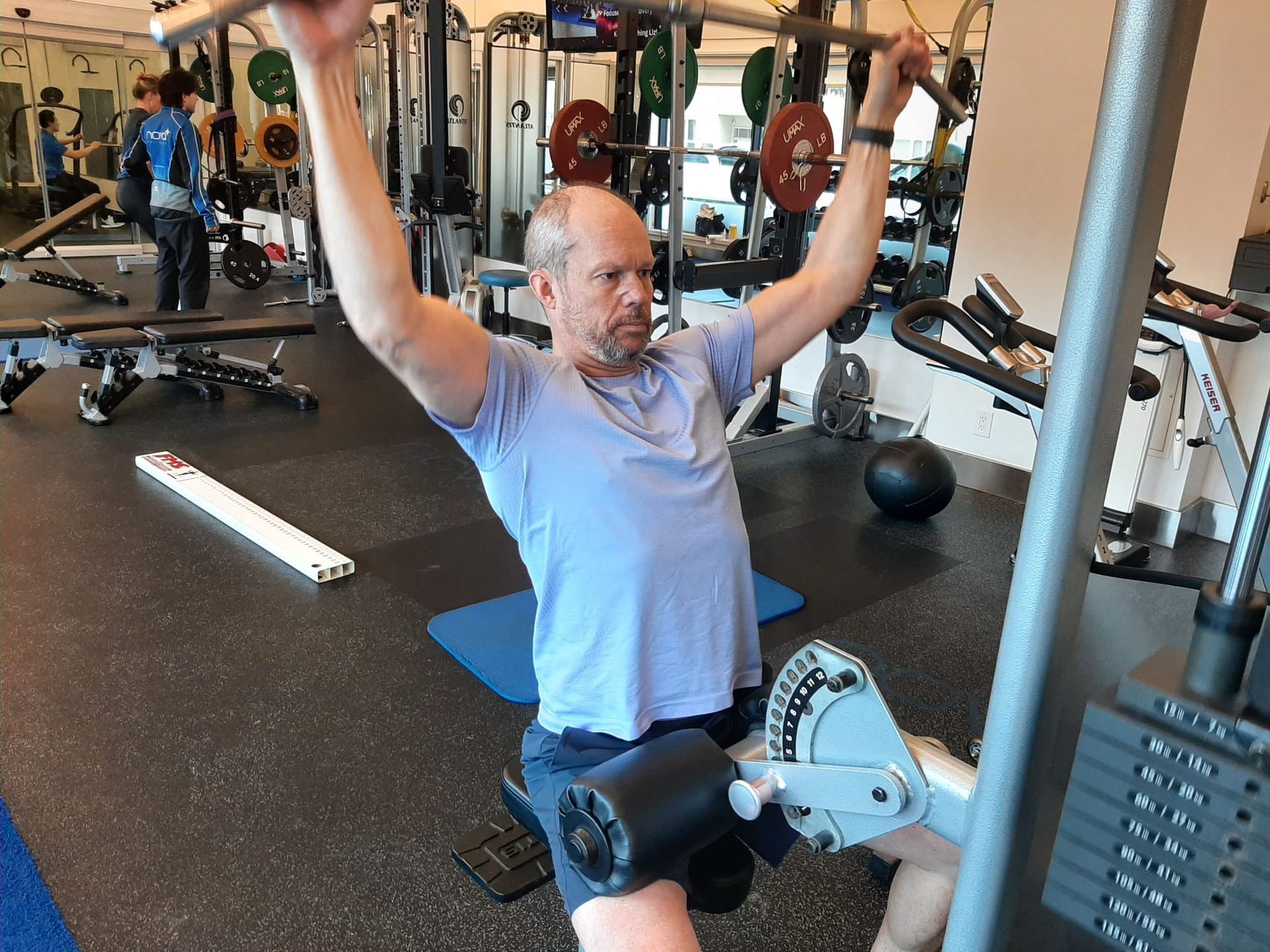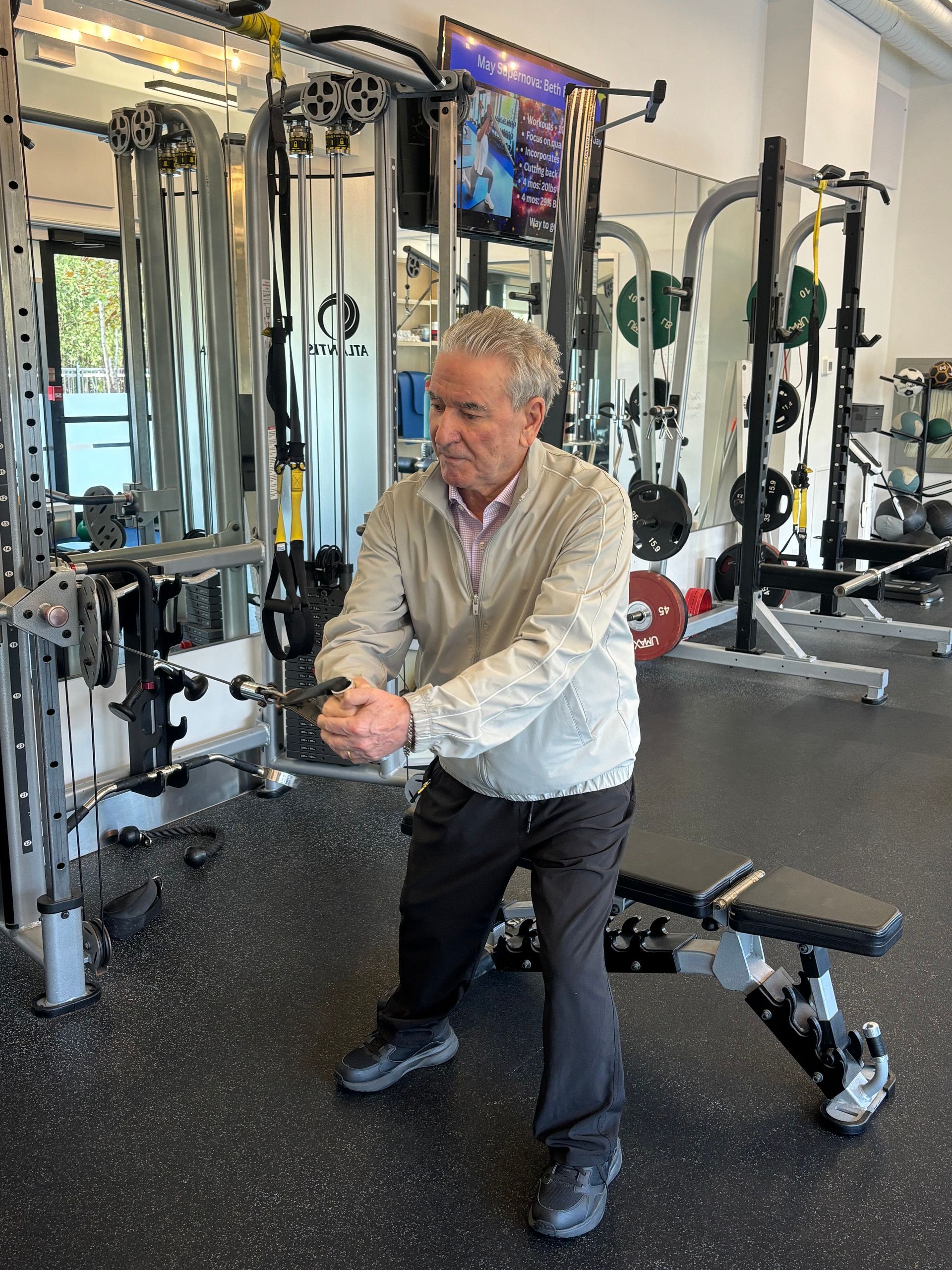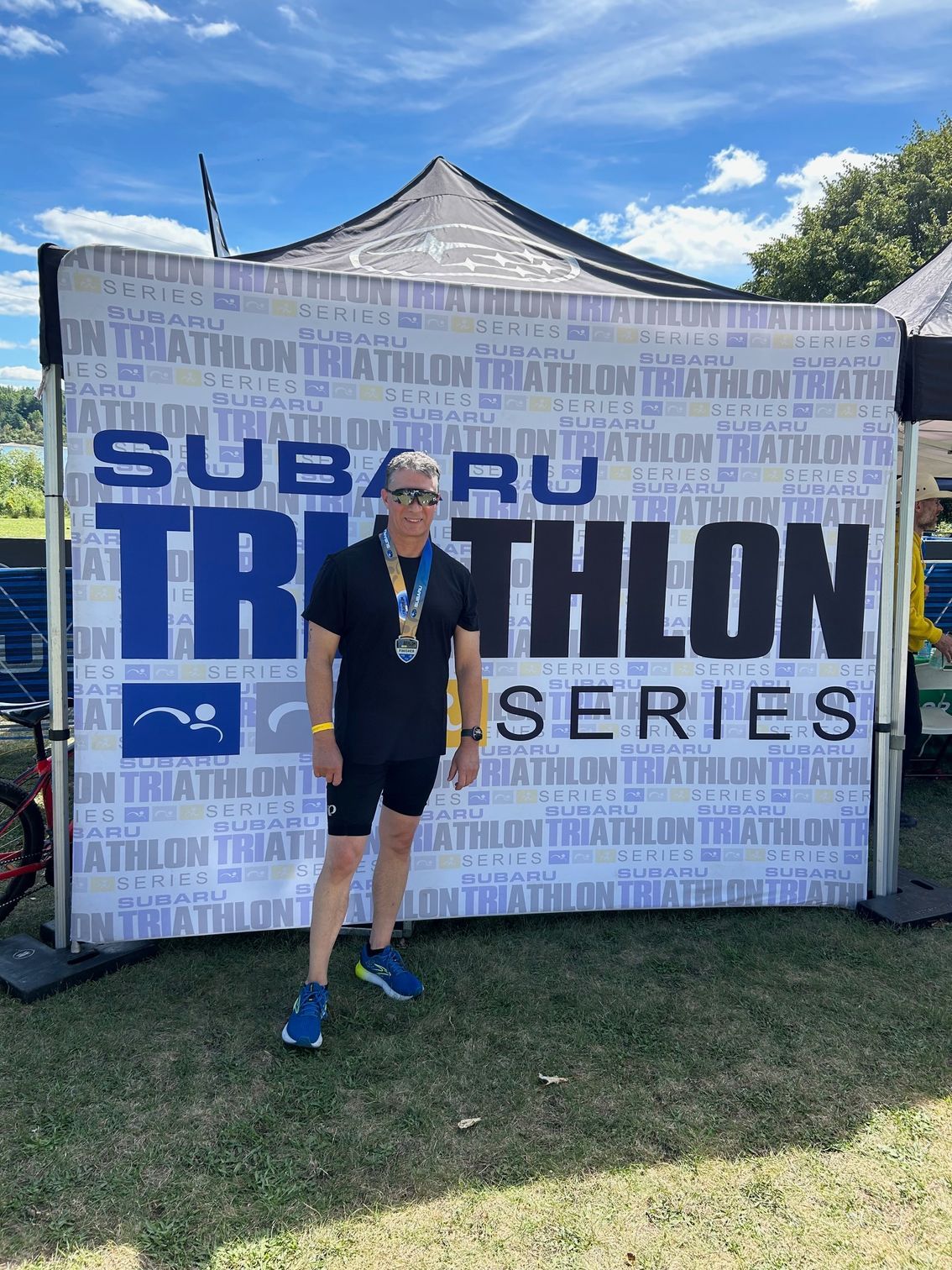The Basic Science of Weight Loss - Part 1
Nova Health Club • November 6, 2018
Calories
In our last article, The Psychology of Making Nutritional Changes, we reviewed basic questions one must ask themselves before making long term or perhaps challenging nutritional changes.
The reality is that nutritional strategies are more than just not eating some things or eating more of something else. Food serves social, emotional and physical needs. On the heels of physical needs, every person is different and there is no ‘one fits all’ formula. What works for one person will not necessarily work for someone else.
In consideration of the above and because you are psyched to make nutrition changes lets explore some of the basic science of making changes the elicit results.
Basic Weight Loss Science - Calories In and Calories Out
First thing you must understand is that if you eat more calories than you need in one day you will likely put on weight and/or store excess body fat. If your body only needs 2000 calories but you eat 3000 calories your body will store excess calories as fat and chances are your weight will increase.
On the other hand, if the person in the above example ate less than 2000 calories in one day, the math is more conducive to permit weight loss.
Most people have no idea just how many calories they consume or even need. Tracking your calories is one of the best ways to implement the science into your nutrition plan. You will become aware of how much you are eating which will help you make better choices and hence reach your nutrition goals.
How Many Calories Do You Need?
Everyone is different as it depends on things such as your weight, body fat percentage and how much activity you do on a daily basis. The first step is to calculate your Basal Metabolic Rate (BMR). BMR tells you how many calories (kcal) you need for your bodily functions to carry on if you were at rest one day.
BMR Calculation:
BMR (Men & Women) = 370 + (21.6 X lean mass in kg*)
*Lean mass, is your body weight minus your fat mass and can only be determined with body fat percentage analysis.
If you are a 176 lb male with a body fat % of 19% then your lean mass would be 142.6 lbs or 65 kg (176 lbs X 81%).
Therefore BMR = 370 + (21.6 X 65 kg)
BMR = 1774 kcal
Therefore this 176 lb male needs 1774 kcal for basic bodily functions to continue. Once you know BMR you must then factor in your Total Daily Energy Expenditure (TDEE). This is important because two people with a BMR of 1774 kcal but one being sedentary and the other being active will have a very different TDEE. The latter individual will require more calories than the sedentary individual and therefore have a higher TDEE.
TDEE Calculation:
TDEE = BMR X Activity Multiplier
Activity Multiplier
Sedentary = Little to no exercise, desk job = 1.2
Lightly Active = Light exercise or sports 3-5x/wk= 1.375
Moderately Active = Moderate exercise or sports 3-5x/wk = 1.55
Very Active = Hard exercise or sports 6-7x/wk = 1.725
Extremely Active = Hard exercise or sports twice a day or physical labour job = 1.9
In our above example with the 174 lb male, let’s assume he has a desk job. Therefore his Activity Multiplier would be 1.2.
TDEE = 1774 kcal X 1.2
TDEE = 2129 kcal
This shows that although he is mostly sedentary, he does walk to his office along with other basic daily activities. Once you know your TDEE, it is time to assess whether it is weight loss or weight gain you are striving for. We will continue this example as if weight loss is the goal, and therefore a deficit should be applied to the TDEE. Without applying a deficit this individual if consuming 2129 kcal a day would simply maintain their weight.
Weight Loss Deficit
What level of deficit applied to your TDEE is determined by assessing your experience and your goals. For healthy long term fat loss you should consider a conservative deficit of 15-20%.
Deficit Multipliers
Conservative deficit = 15-20%
Moderate deficit = 21-25%
Aggressive deficit = 26-30%
Extremely aggressive deficit = 31-40%
Semi-starvation = 50% or more
While more of a deficit may allow more weight loss, it may not be right for your body. An aggressive deficit will also lead to muscle mass loss therefore should be used with caution and only if you have a lot of extra body fat. That is why taking it easy at first and assessing how you feel along with monitoring your results is the best way to approach it.
Finally, with our 174 lb male desk worker example, we see his total daily calories below with the applied deficit of 15-20%.
TDEE = 2129 kcal
15% = 2129 - (2129 X .15) = 1810 kcal/day
20% = 2129 - (2129 X .20) = 1703 kcal/day
Therefore he should strive for 1703-1810 kcal/day to elicit some weight and fat loss.
Knowing and applying the above formulas to yourself is a great way to start your fat loss journey. Most people who follow the above systems and become aware of their calories will reach some level of success with their new program. Note however, that the above is just a starting point. There are more tools to learn and apply such as macronutrients which we will discuss in our next blog.
Lastly, the human body is a very complex system and there are many examples of people who do not achieve success with calorie and macronutrient adjustments alone. There could be medical or physiological issues happening that are not seen with the naked eye or solved with basic caloric adjustments. In this case, seeing a specialist for further tests would be the best step.

It's that time of year again where Halloween candy is everywhere - especially if you have children who are in the trick or treating age. We all know that candy is unhealthy and we are aware of sugar's detrimental effects on our health, from weight gain to cavities... But do you know the risks in eating Halloween candy that go beyond weight gain and cavities? While sugar is certainly a concern, other ingredients in many popular candies can chip away at your health and well-being. The Deceptive Allure of Halloween Treats While eating Halloween candy can be a nostalgic pleasure, the ingredients list tells a different story. I personally love Halloween but about 7 years ago I went clean and gave up Halloween candy for good because I learned it is much more than a sugar problem… Beyond sugar, are ingredients like hydrogenated oils, high-fructose corn syrup, artificial colors, titanium dioxide and common allergens like wheat, corn, dairy, and soy. These ingredients can wreak havoc on our bodies, leading to a host of negative health effects that most consumers overlook. Beware: 5 Ingredients in Halloween Candy With Negative Health Effects 1. Hydrogenated Oils: Hidden Fats Hydrogenated oils transform liquid oils into solid fats and enhance texture and shelf life. These trans fats are notorious for raising bad cholesterol levels, increasing the risk of heart disease and causing inflammation in the body. Look out for the word ‘Hydrogenated’ in candies like Skittles or Starburst 2. High-Fructose Corn Syrup (HFCS): A Sweet Sabotage HFCS is another frequent offender. It’s a cheap, sweet alternative to sugar that can lead to rapid spikes in blood sugar levels and cravings. Overconsumption of HFCS has been linked to obesity, insulin resistance and fatty liver disease. Many people consume HFCS without even realizing it. Candies like Oh Henry and other chocolate bars have HFCS. 3. Artificial Colors: A Rainbow of Risks The colors that make Halloween candy so visually appealing are often the result of artificial colorings like Red 40, Yellow 5 (Tartrazine), Yellow 6 (Sunset Yellow) and Blue 1. Studies have shown links between these artificial colors and hyperactivity in children, as well as allergic reactions as well. Here are some of your Halloween favorites with these colors: Skittles , Maynards , Sour Patch Kids , Jolly Rancher , Twizzlers , Starburst and M&M’s 4. Titanium Dioxide: The White Truth Titanium dioxide is used in many candies to enhance their whiteness and opacity. It is a detergent that damages your gut and decreases your gut microbiome. Any candy that has a white center, like Skittles is known to use this ingredient. 5. Allergens: Hidden Dangers for Sensitive Individuals Finally, we can’t forget the processed allergens like wheat, corn, dairy and soy in many candies like Mars or Snickers . Those who are highly allergic know to stay away from foods with these ingredients but what about the low grade allergic response that most people ignore? Hives, scratchy through, congestions, asthma, sneezing, itchy eyes and mild GI discomfort are all effects of these allergens. The Scary Reality Halloween is a fun time but we’ve really thrown in the towel when it comes to our health based on the things we are accepting as ok. We've created a society where we buy the cheapest, lowest quality candies to give to our children (and ourselves). Most, if not all of the mainstream candy companies produce products that are high in chemicals to preserve shelf life, to entice our eyeballs and to stimulate our brain to want more the moment it hits our palette. We've also bought into the idea that it's ok because it is just once a year... but the reality is that this food is everywhere all the time. If it was just one day on Oct 31 then sure - that could be ok, but most children are coming home with more than 10lbs of candy that they consume over the next 30 days. It’s no wonder why so many of us suffer with health issues including our children. Modern children are being diagnosed with more health problems than previous generations. Things like childhood depression/anxiety, food allergies, ADHD, autism, eczema and obesity are just some of the things we are seeing more of. Stay Vigilant and Read Labels Can we blame our poor health all on Halloween candy? Certainly not - it's more than just candy in October however the amount of candy with the above ingredients being consumed during Halloween and through the year is definitely a contributor. So when it comes to candy, watch out for the sugar but it’s time to wake up to the other ingredients that are damaging us. The best thing to do is read the labels and be aware of what you choose to consume. And hopefully in time we choose to buy 'treats' that are not filled with chemicals. Next year, choose to buy healthier options versus the mainstream candy we grew up with. Healthier Alternatives Here are some options to consider instead of the mainstream low quality garbage that we've been accustomed too: Chocolate Bars Unreal Coconut Bars : This company is on point with way healthier ingredients than the mainstream. They carry an assortment of candies beyond just the coconut bar (which is one of my faves). Granola Bars Made Good : You've probably seen this brand around in stores - specializing in gluten free healthier granola bars. Cookies Simple Mills : Making cookies and baked goods gluten free and with sweeteners that have a lower glycemic index than regular sugar (less of a blood sugar spike) Candies Smart Sweets : Candies without artificial colors and high sugar Lollipops & Jelly Beans YumEarth : W ithout artificial colors Water Enhancer (Vitamin C) Emergen-C : Something different from usual candy - Vitamin C drink crystals that are a much healthier option to candy and kids love em. There are more brands out there but you have to be on your toes when buying. Pay attention to brands, scrutinize the ingredient list and pay the extra money. Every dollar you spend is a vote - the more we vote for the better products for our health, the lower the cost will end up being in the future.
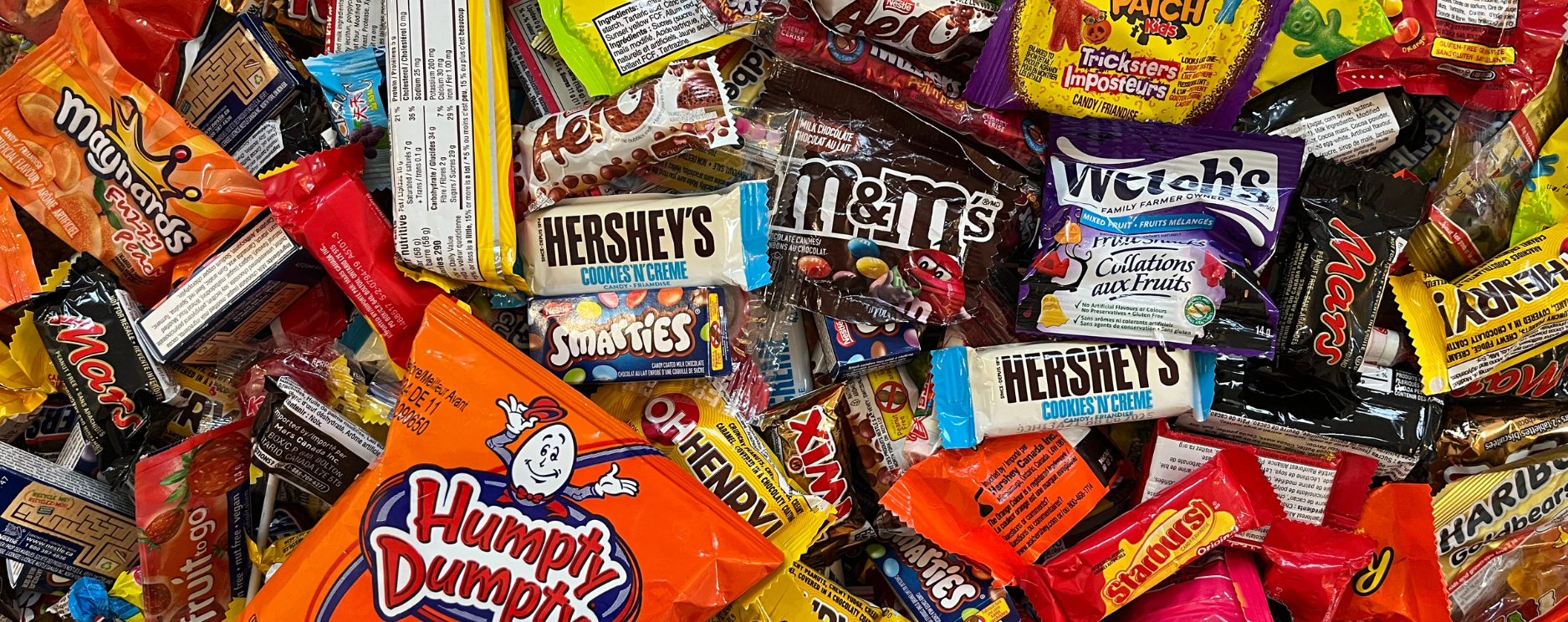
Having trouble controlling the intake of Halloween candy? Unless you are a disciplined ninja or equipped with helpful restraint tactics, you end up eating too much of this low quality, highly processed junk food. If you are someone with a sweet tooth then you are in luck! Here are 5 tactics that will help you avoid eating too much (if any) candy this Halloween. 1)Don’t Skip Meals or Snacks Skipping meals and snacks creates stress on your body and a stressed body is more likely to have sugar cravings. Self control becomes extremely difficult when you're underfed. If candy appears it is much harder to resist because your body is lacking energy, vitamins and minerals. If you eat a solid meal along with healthy snacks throughout the day (ie: protein shake, apple and almonds) I guarantee that it will be hard to eat candy. 2)Eat Enough Protein On the heels of not skipping meals, make sure each meal has enough protein. Meals that are low in protein mean that they are higher in carbs. As a result you will deal with blood sugar dips and greater hunger, weakening your resistance to candy. How much protein? This differs between people but generally you aim to have at least 0.8 grams of protein per pound of ideal body weight. The more active you are, the more protein you will require. 3)Stay Hydrated Being dehydrated will make you feel hungry even when you are not actually hungry. As a result you are more likely to have the urge to grab a sweet from the candy bowl. The simple solution is to just drink enough water throughout the day. How much water? Click here to download your All About Water PDF. 4)Say It Out Loud Often we eat candy without thinking. It is not uncommon to have 5 or 6 candies before you become mindful of what you are doing. By then it’s too late. This may sound strange but as you are picking up the candy - say out loud “I am going to eat this candy” (even if no one is around). This helps you become more aware of your actions, encourages mindfulness, and engages your logical mind. 5)Educate Yourself The scary truth is that mainstream Halloween candy is some of the worst food you can put into your body. Most of these candies contain highly inflammatory ingredients, allergens, and toxins known to disrupt everything from the gut microbiome to DNA, potentially contributing to ADHD symptoms and triggering allergies… And that’s without commenting on the effects of sugar that most of us already are aware of. Eating certain candies can be just as bad as smoking a cigarette! Give these tactics a try - they should help you to say no to Halloween junk food this year. If you are still having trouble, you can attempt a ‘clean sweep’ by throwing it all into the garbage… If you still have a sweet craving, have some dark chocolate or walk to the best bakery in town and buy yourself a $10 chocolate croissant :) Happy (Healthy) Halloween!
